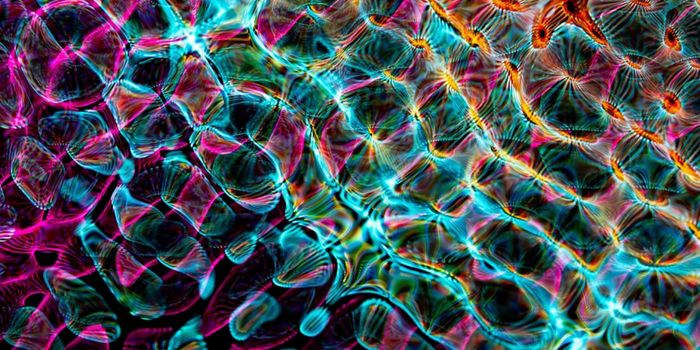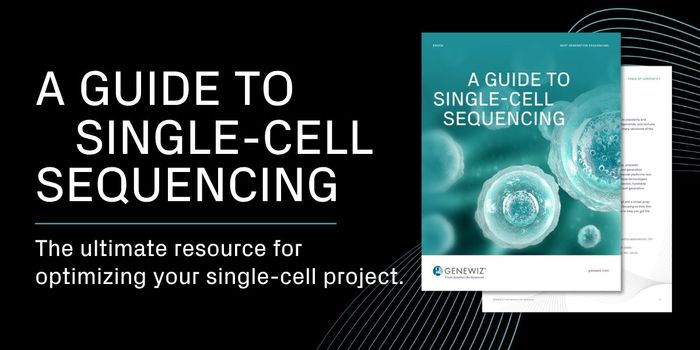In Microgravity, There are More Errors During DNA Replication
The radiation in space is not great for biological health. Space radiation is known to damage DNA. Many types of human cells have to frequently divide to replace cells that are worn out, old, or damaged, and the genome in the nucleus of cells has to be replicated each time they divide. Solar particles and cosmic rays have the potential to introduce mutations and errors in DNA, and that can lead to a host of problems including diseases like cancer. There's also no gravity in space, conditions that a person on Earth would never experience naturally. Scientists wanted to know if weightlessness can also be problematic for DNA.
In a new study reported in Frontiers in Cell and Developmental Biology, scientists used a bacterial model to show that in zero gravity, the enzymes that copy DNA are not as accurate as they are under normal gravity conditions. Those enzymes, called DNA polymerases, are not perfect in reality, and the cell does have ways to make repairs to mutations that get introduced during the replication process. But that takes time and energy, and the cell may not pick up on every error; some DNA may remain mutated. Those mutations would then be passed on to the next generation of cells, and more and more mutations could accumulate over time. Thus, this work may have implications for astronauts who are expected to endure lengthy missions.
That said, this study assessed the accuracy of a bacterial DNA polymerase. The researchers created a miniature laboratory where DNA polymerase from Escherichia coli went through one round of replication during the portion of a flight in which weightless conditions would be attained. In these flights, a plane climbs to eight kilometers, and descends in freefall at a speed of 3.3 kilometers in 20 seconds. These flights are known as "vomit comets," to give you an idea of the experience the scientists had. They had to adjust to the motion sickness to do the work.
"Experiencing microgravity is a unique experience. Performing even simple tasks, such as manually activating our mini-laboratory, can become difficult. We were forced to invest much effort into improving the user-friendliness of our mini-laboratory, to make it easier to operate not only in microgravity, but also in the subsequent 2G hypergravity phase of the flight once a zero-gravity parabola has been completed," said corresponding study author Aaron Rosenstein, who is now with the University of Toronto.
DNA is double stranded, and the four nucleotide bases, A, T, G, and C, always pair in the same way; G pairs with C and A pairs with T. The researchers found that the rate at which T (thymine) was paired incorrectly was ten to 140 percent higher in zero gravity compared to Earth conditions. Other bases had similar rates - though that range is remarkably huge. The proofreading ability of DNA naturally had a significant impact as well - not all polymerases have that function. When a DNA polymerase's proofreading function stopped working, which may happen because of a mutation, the substitution rate increased by 50 percent.
"We have shown that DNA polymerases similar to those found in mitochondria - the cell's powerhouses - make more errors in microgravity. The combined effect of greater damage and decreased replication accuracy could lead to premature aging in astronauts. Our results show the importance of designing rotating spaceships that generate artificial gravity, to prevent these negative effects. We would love to be invited to repeat our experiments on such a ship," noted study co-author Professor Virginia K. Walker.
Sources: Frontiers, Frontiers in Cell and Developmental Biology









